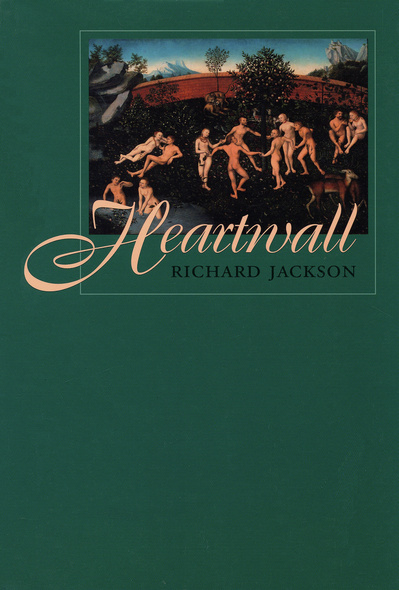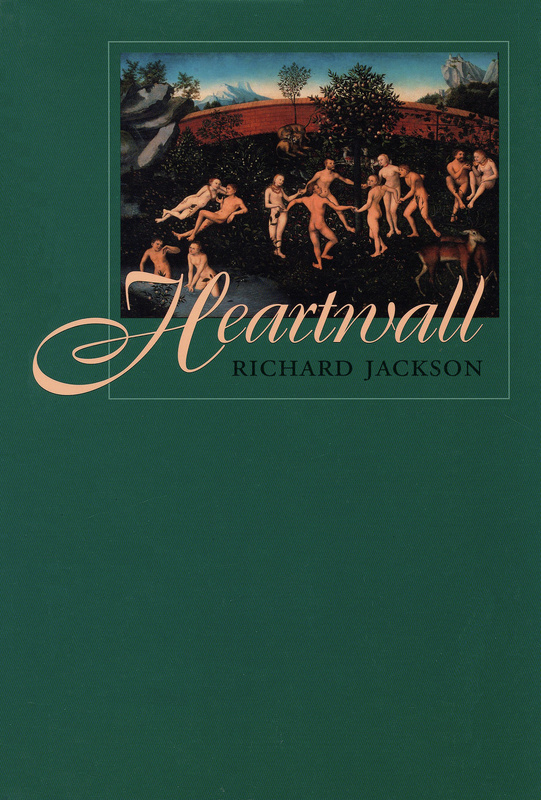Taking its title from a poem by Paul Celan that is both elegiac and hopeful, but also playing off the notion of the "hart" walls erected to corral deer for a medieval hunt that was more a slaughter, and evoking the very physiology of the heart itself, this collection of poems explores the possibilities for love and feeling in a world besieged by tragedies in Bosnia, Kosovo, Rwanda, and elsewhere. At times lyrical, at times satirical, and written in a surrealistic style that ranges from the formal to the aphoristic, Heartwall explores the complex and sometimes confounding relationship between the personal and the political, between our individual perceptions and the larger vision they suggest. These are poems that ask forgiveness, offer praise, and carry enough irony never to seek redemption. They are, at heart, love poems. According to the late William Matthews, Jackson's poems tell us "what it means to belong in history. . . . The wonderful amplitude . . . testifies that we can live with such chaos and not lie about it or ignore it: indeed the poems are a demonstration of how we might do such a thing."
The best poets make demands, and Heartwall is Richard Jackson's best and most demanding book so far. In its range of emotion, in its rich, ruminating prosody, in its capacity to contain all that it imagines, and especially in its power to place the corruptions of the world against those of the heart, it represents a poetry of scale, in fine yet compelling excess, informed—indeed exalted—by intelligence, irony, and vision.'—Stanley Plumly
''Even the skeptic / David Hume, 1711–1766, begins to believe in my love,' Richard Jackson says in 'Do Not Duplicate This Key.' He insists on this love. It is what gives the poems their language, and it is what gives the poems their outrage. It is not decorative, this love, not formal. It is, as he says, 'a key that cannot be duplicated.' I love his mind—Rick Jackson—I love his heart.'—Gerald Stern
Richard Jackson is author of four previous collections of poems and two books of criticism. His poems have been translated into journals in Romania, Slovenia, Serbia, Croatia, Italy, Poland, Hungary, Israel, Czech Republic, Spain, and Austria. He teaches at the University of Tennessee, Chattanooga.






